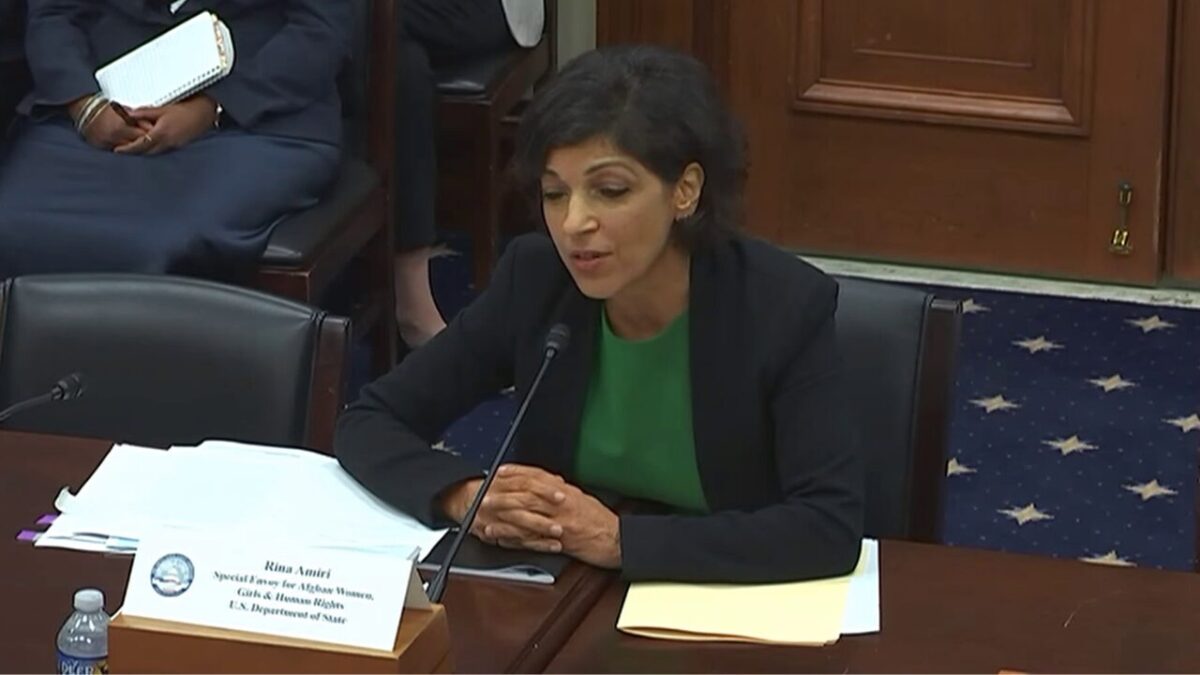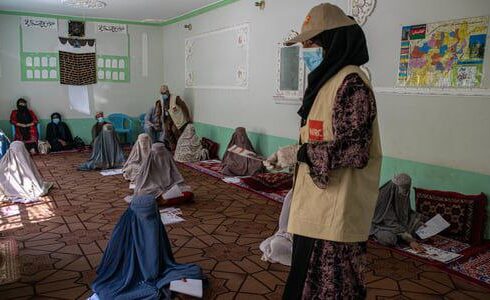U.S. Special Envoy for Afghanistan Human Rights, Rina Amiri, on Friday said Taliban’s travel ban U.N. Special Rapporteur Richard Bennett and their new law show they are intensifying the harsh policies they imposed during their previous rule in the 1990s.
“The Taliban’s ban against U.N. Special Rapporteur Richard Bennett visiting Afghanistan and the recent alarming vice and virtue decree continue to make clear the Taliban are doubling down on the extreme policies they imposed in the 1990s,” Amiri said in a statement.
She called on the international community to remain firm in its stance against the Taliban, emphasizing that there should be no normalization of relations with the Taliban unless there is a significant improvement in their human rights record. “It is a normative, economic, and security imperative for the international community to hold the line and not normalize relations with the Taliban unless there is a profound improvement in their human rights conduct,” she added.
In reaction to Bennett’s reports, Taliban has banned him from visiting Afghanistan. Bennett said this week he remains committed to Afghanistan’s people.
Bennett was appointed by the United Nations Human Rights Council in April 2022 to monitor and report on the human rights situation in Afghanistan following the Taliban’s takeover in August 2021. He has consistently urged the international community to prioritize human rights in their engagements with the Taliban and to resist normalizing the group’s rule.
The Taliban’s newly enacted “Vice and Virtue” law has further intensified international concerns. Signed by Taliban leader Haibatullah Akhundzada, the 114-page, 35-article decree introduces sweeping restrictions, particularly targeting women. Among its most controversial provisions is the declaration that a woman’s voice is considered “awrah,” or a source of temptation, which must not be heard in public. The law mandates that women cover their faces and bodies entirely, enforcing these measures in accordance with Sharia and the Hanafi school of Islamic jurisprudence.





